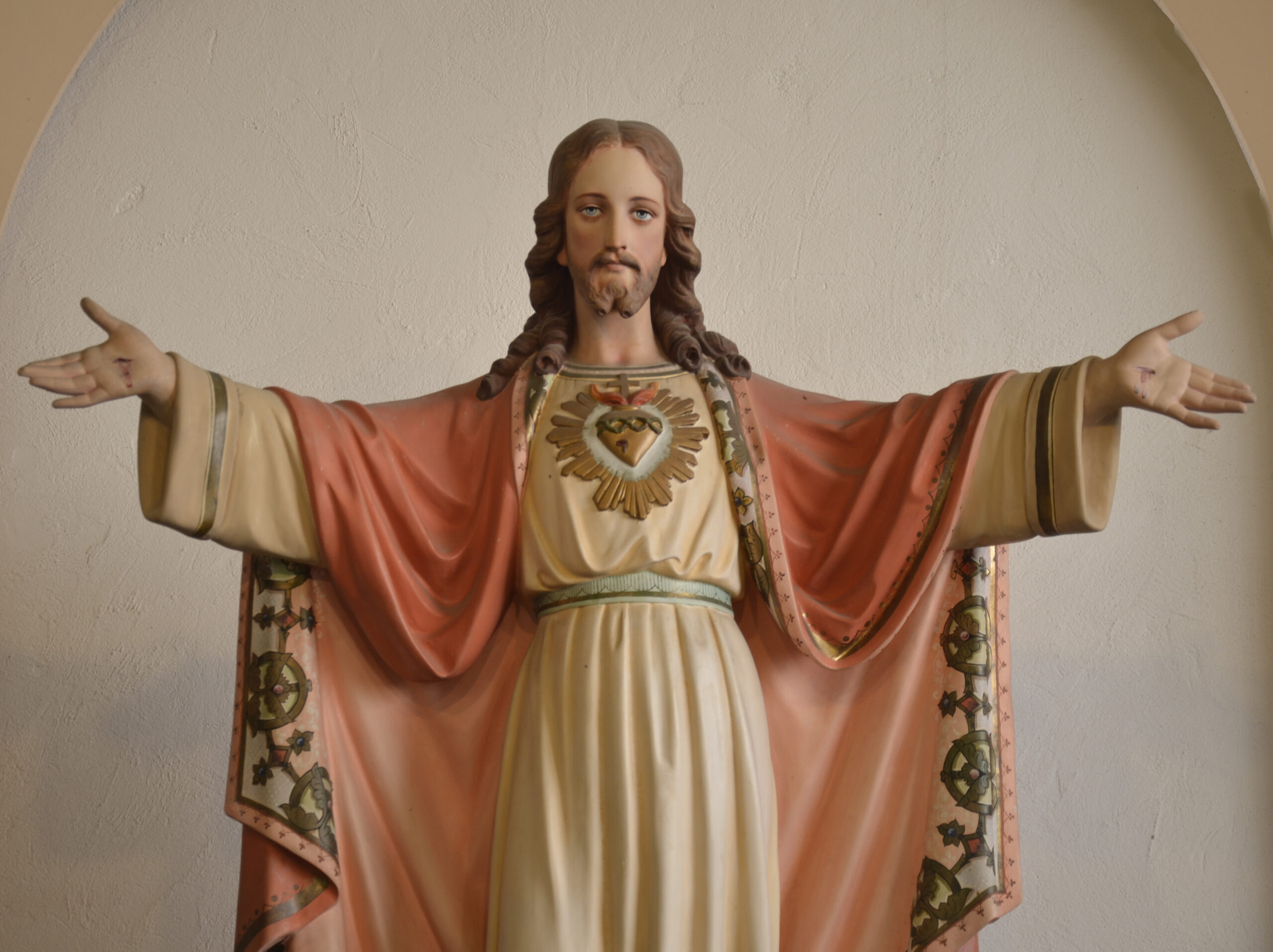Today’s readings are all about provision and satisfaction. We see what happens to those who are grateful, and ungrateful for his gifts.
In the First Reading we see the Israelites lamenting about the manna. As we recall, in the beginning they were so excited and happy to be saved from starvation, but after a month or two of eating the same thing over and over again, they grew tired and began to complain, saying things were better off in Egypt because they at least had meat to eat! If you continue to read the Book of Numbers you will discover that God sent them meat like they asked, but it infected them with the plague because of their greed.
Not only did they take his blessings for granted, but they despised them. They claimed it would have been better to stay in Egypt.
This, of course, is ridiculous.
The Lord provides anyway, and gives them what they want. But very quickly they learn that sometimes the things they want that God does not want are not always the best things….
In the Gospel we read about the feeding of the five thousand. Jesus taught them, it got late, and the disciples told him to send the people home so they could get something to eat. Jesus, however, replies that it would not be necessary, because he would provide. (And note that it was a deserted place, farther away from the villages. How many that just got up and followed him would have thought to bring money to buy food on the way home?)
You know the rest of the story: two loaves, two fishes, and he feeds five thousand. Another thing to note is that they had twelve baskets full left! Not only does he provide enough for them, he even has extra.
Now what is the difference between those who got the manna and those who got the loaves and fish?
Those who had the loaves and the fish were satisfied.
The Israelites, who probably had more than enough manna to go around and were not physically hungry, were not satisfied.
Why does this matter?
The greed of the Israelites was their downfall. The greedy got the plague and died. The satisfied crowd was nourished soul and body by Jesus. Which would you rather happen to you?
 Perpetua Phelps is a high school student residing in West Michigan and is the second of four children. Apart from homeschooling, Perpetua enjoys volunteering at her church, attending retreats, studying Latin and French, and reading classics such as Beowulf, The Lord of the Rings, C.S. Lewis’ Space Trilogy, and Mark Twain’s Joan of Arc. She also spends much time writing novels, essays, and poetry for fun and competition. A passionate Tolkien fan, Perpetua is a founding member of a Tolkien podcast.
Perpetua Phelps is a high school student residing in West Michigan and is the second of four children. Apart from homeschooling, Perpetua enjoys volunteering at her church, attending retreats, studying Latin and French, and reading classics such as Beowulf, The Lord of the Rings, C.S. Lewis’ Space Trilogy, and Mark Twain’s Joan of Arc. She also spends much time writing novels, essays, and poetry for fun and competition. A passionate Tolkien fan, Perpetua is a founding member of a Tolkien podcast.
Feature Image Credit: Pexels, https://pixabay.com/photos/arm-hand-write-planner-planning-1284248/











